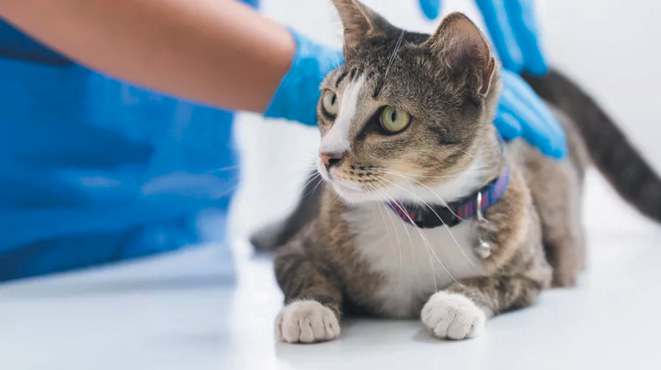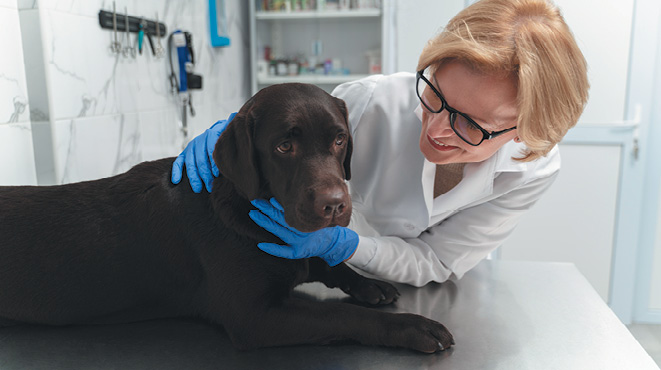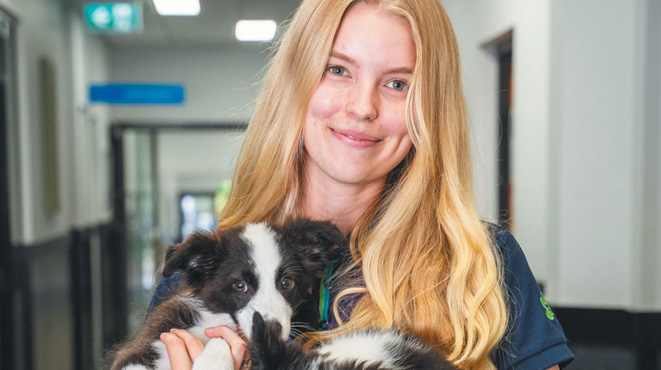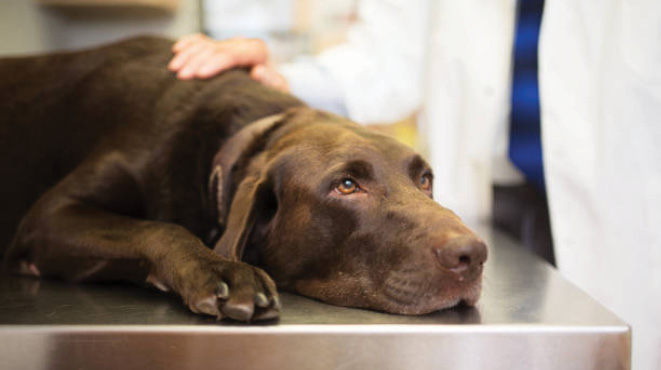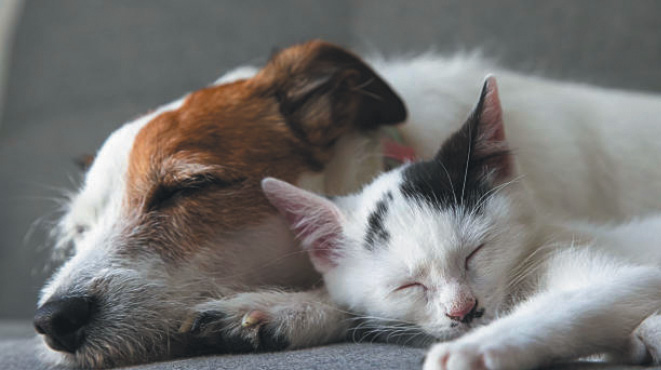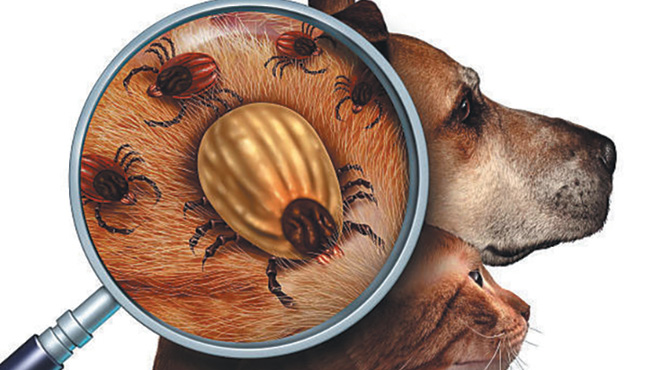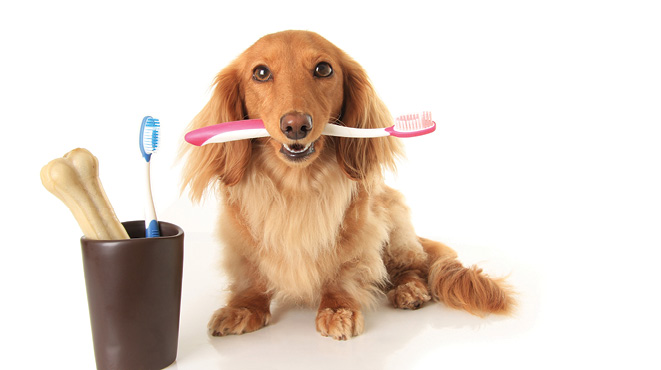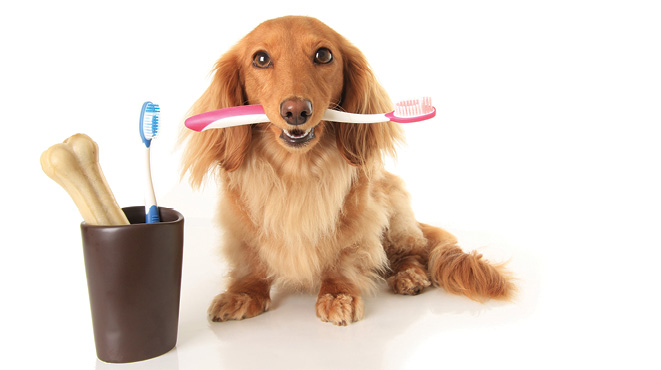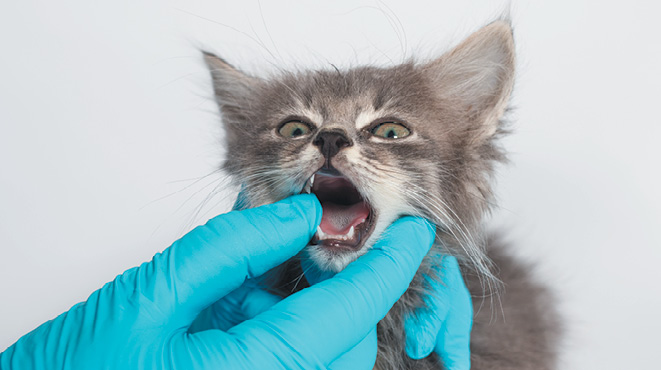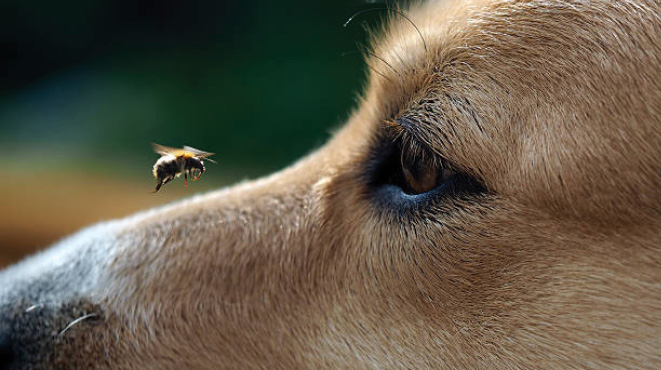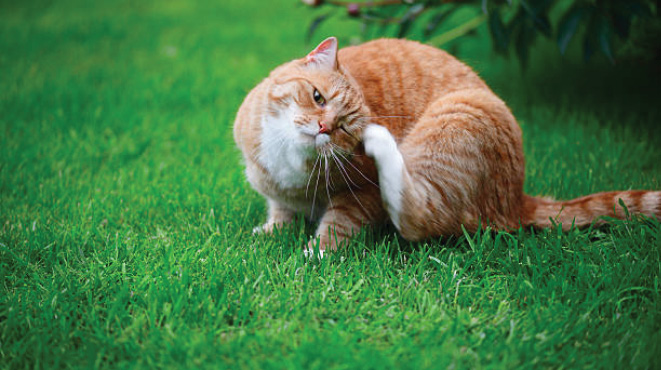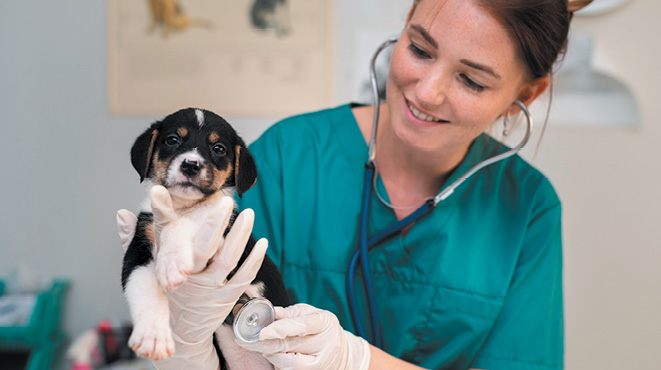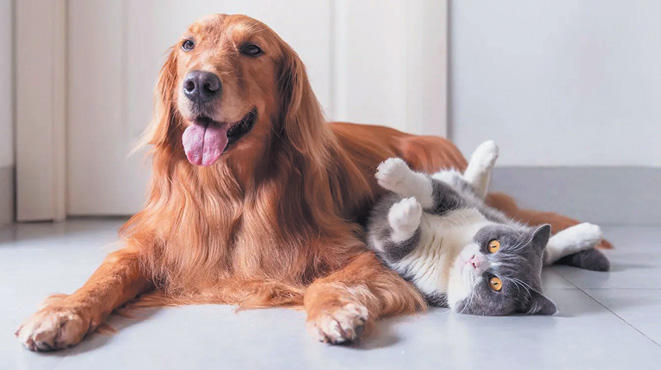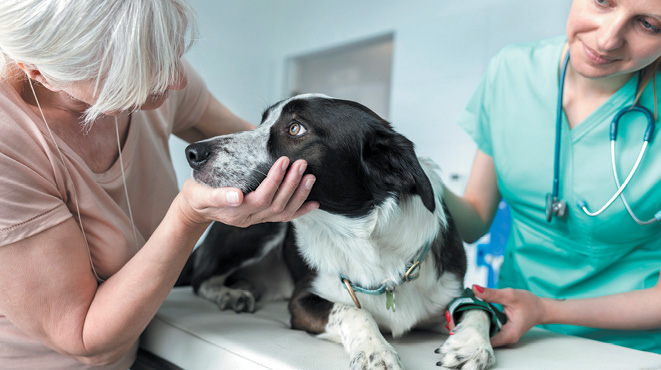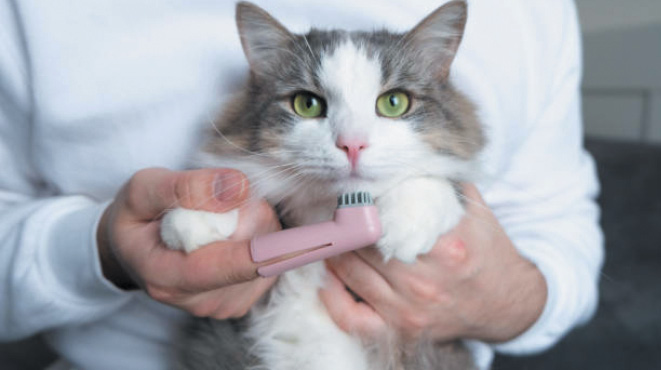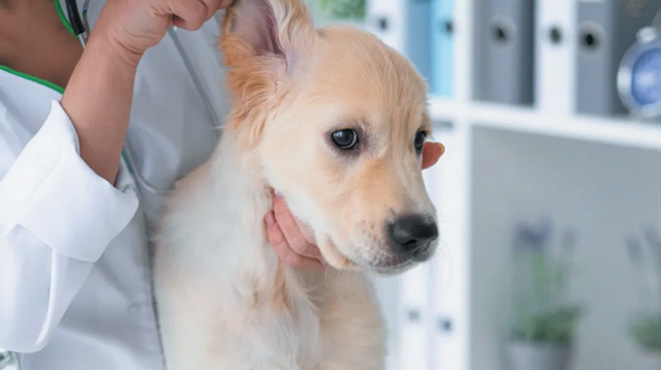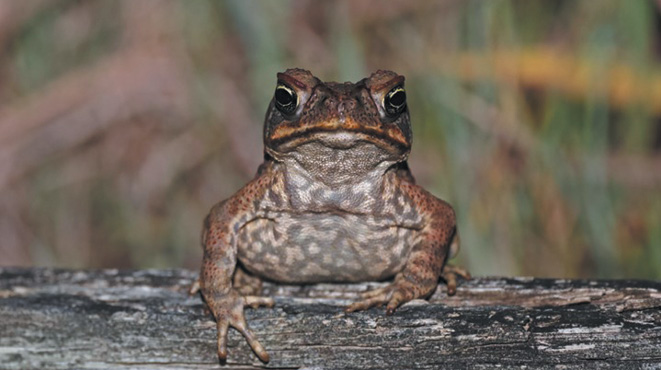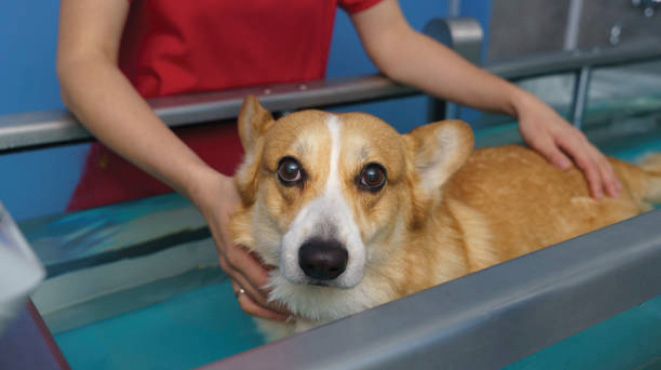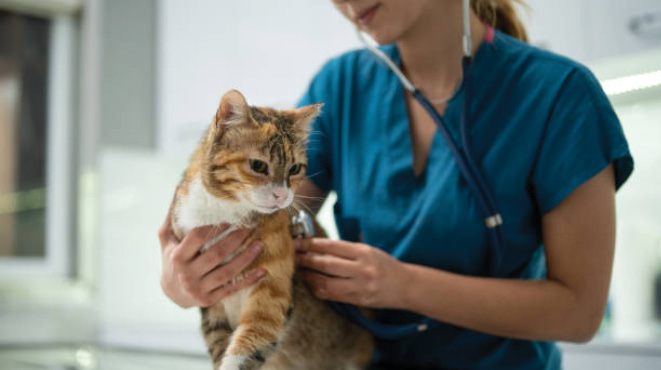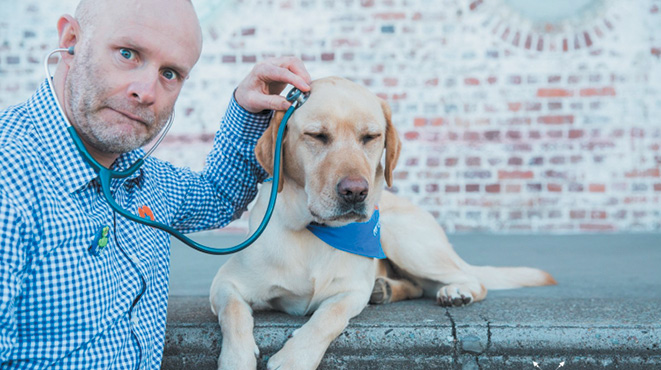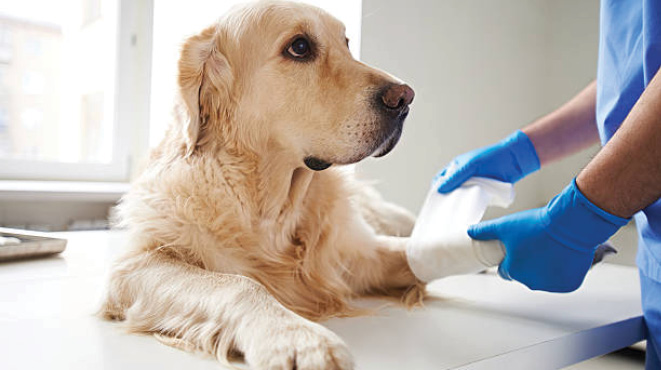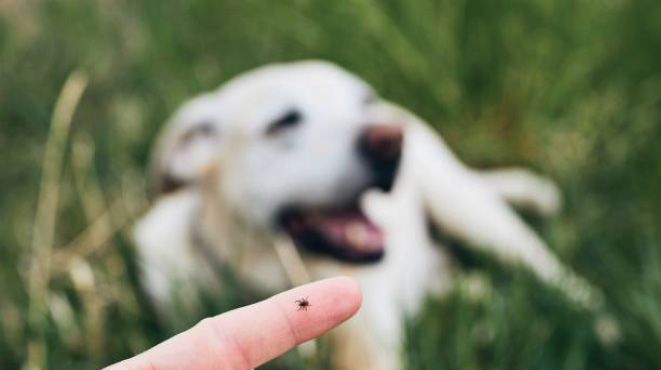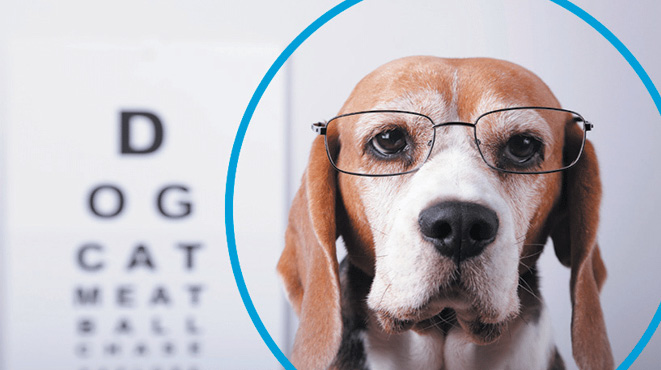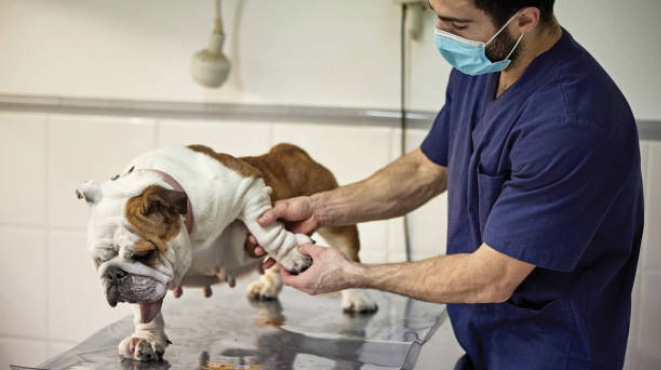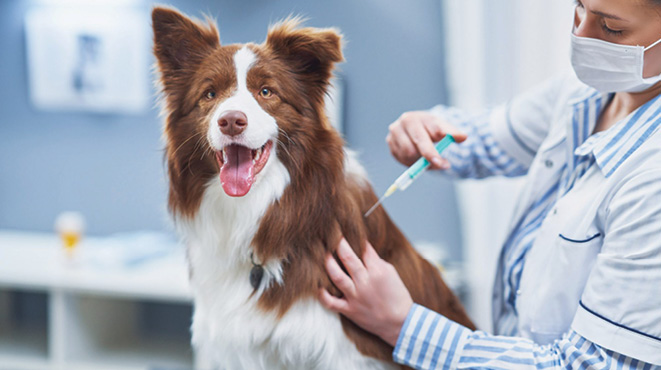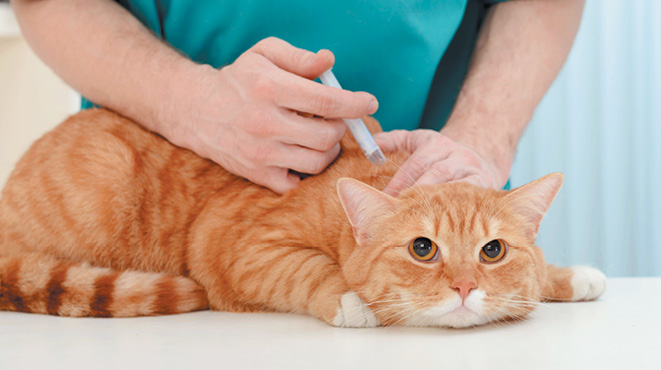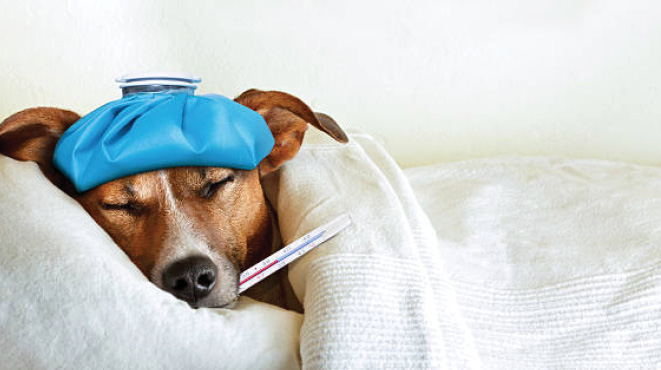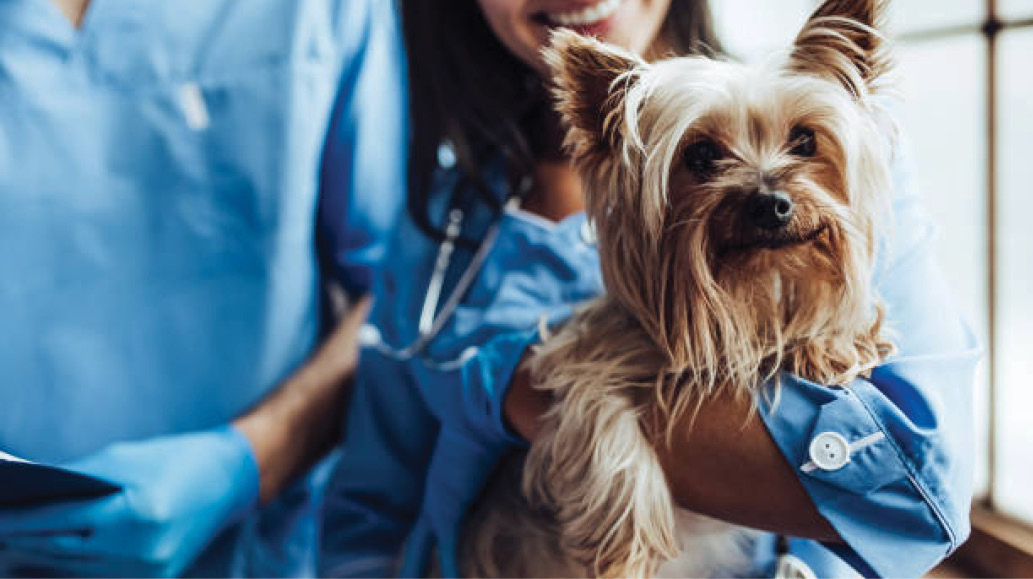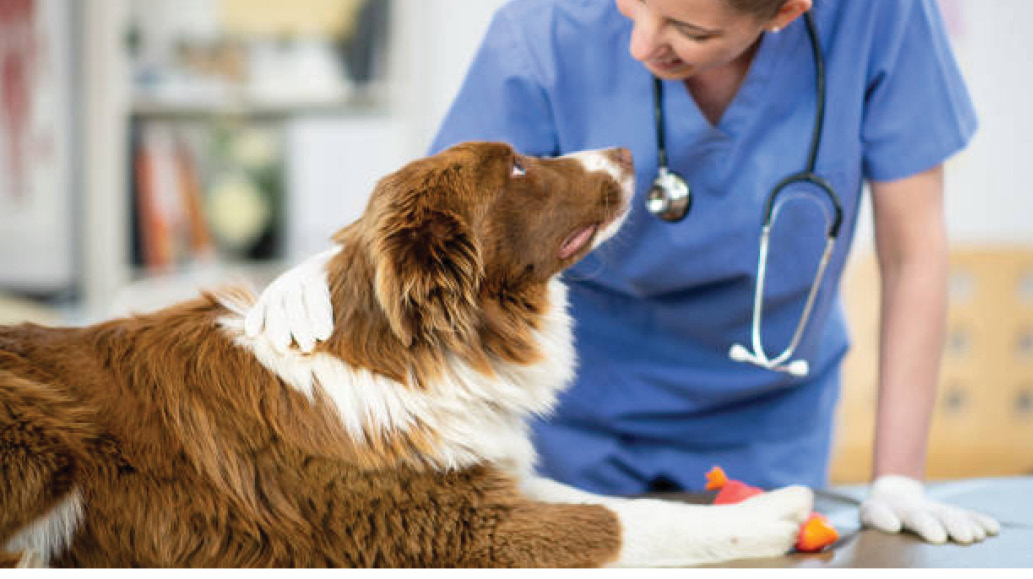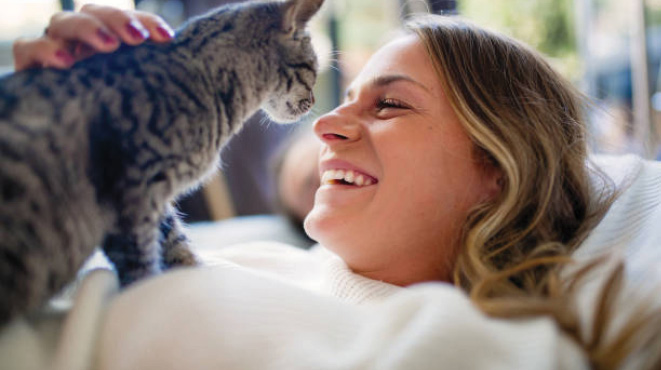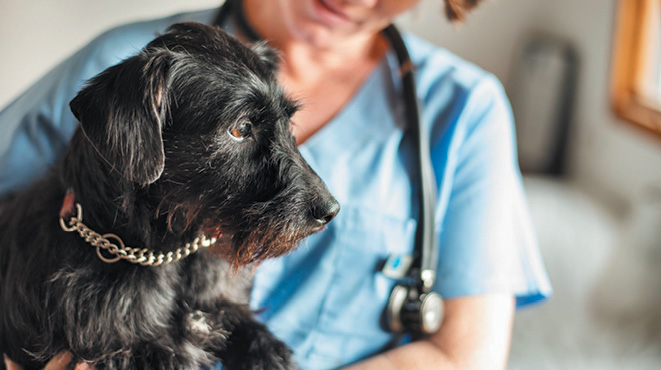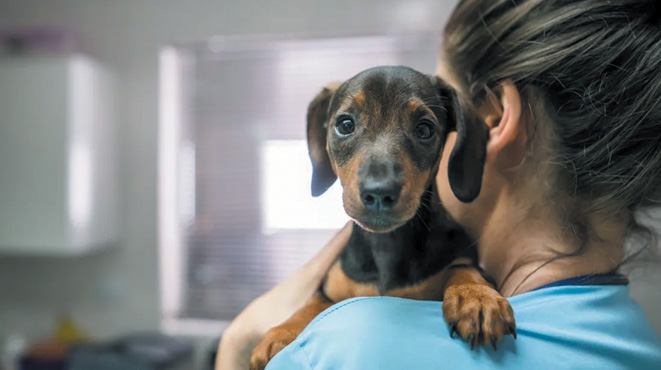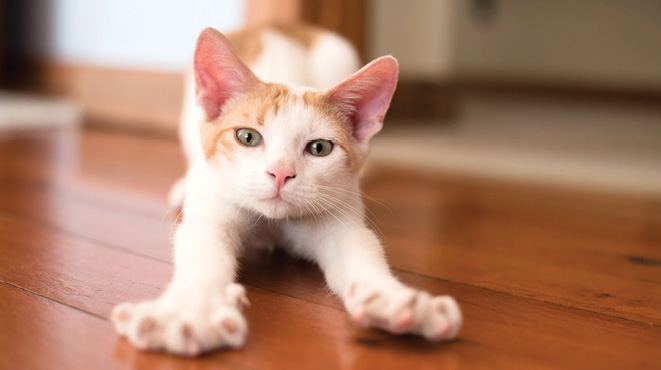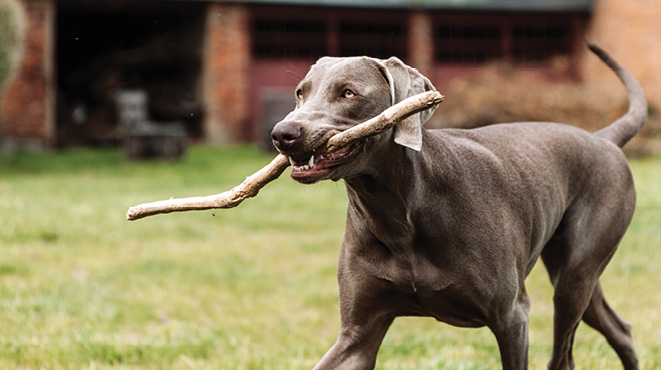BY DR NICKY THOMAS, WYNNUM MANLY VETERINARY HOSPITAL
 Hyperthyroidism is a common disease in cats, usually seen in middle aged to older cats.
Hyperthyroidism is a common disease in cats, usually seen in middle aged to older cats.
Hyperthyroidism is an increase in the production of thyroid hormone which is produced by the thyroid glands. Thyroid hormones regulate a number of processes in the body so overproduction can result in signs in many organs.
Clinical signs
The most common clinical signs of hyperthyroidism are:
- weight loss despite a normal to increased appetite
- polyuria and polydipsia (urinating and drinking more)
- vomiting and diarrhoea
- changes in behaviour
- changes in grooming behaviour which results in an unkempt, matted or greasy coat
Diagnosis of hyperthyroidism
Your vet will perform a clinical exam on your pet – this may show signs such as a palpably enlarged thyroid gland, thin body condition, poor hair coat and an increased heart rate, sometimes with a heart murmur present. A blood test will be performed – this will check for changes in your cat’s kidney and liver enzymes which may both occur with thyroid disease. A specific blood test to measure thyroid hormone levels will also be performed.
Treatment of hyperthyroidism
There are a number of options for treating hyperthyroidism in cats.
- Medication – tablets may be prescribed for your cat which will be given once or twice daily depending on the formulation. Cats which do not co-operate with oral medication may be treated with a transdermal ointment – this is applied to the skin on the inside of your cat’s ear where it is absorbed into the bloodstream. This medication will be required for the remainder of your cat’s life and requires regular monitoring to ensure that the dose is correct and there are no changes occurring in other organs.
- Radioactive iodine therapy – a number of specialist centres offer the option of radioactive iodine treatment. This is a single dose of medication which targets the thyroid gland specifically, preventing production of thyroid hormone.
- Surgical removal of the thyroid gland may be an option, particularly if there is a mass/tumour associated with the gland.
- Dietary therapy with specifically formulated food may help regulate thyroid function.
Your vet will discuss the best options for you and your cat to help treat this common metabolic disease.

